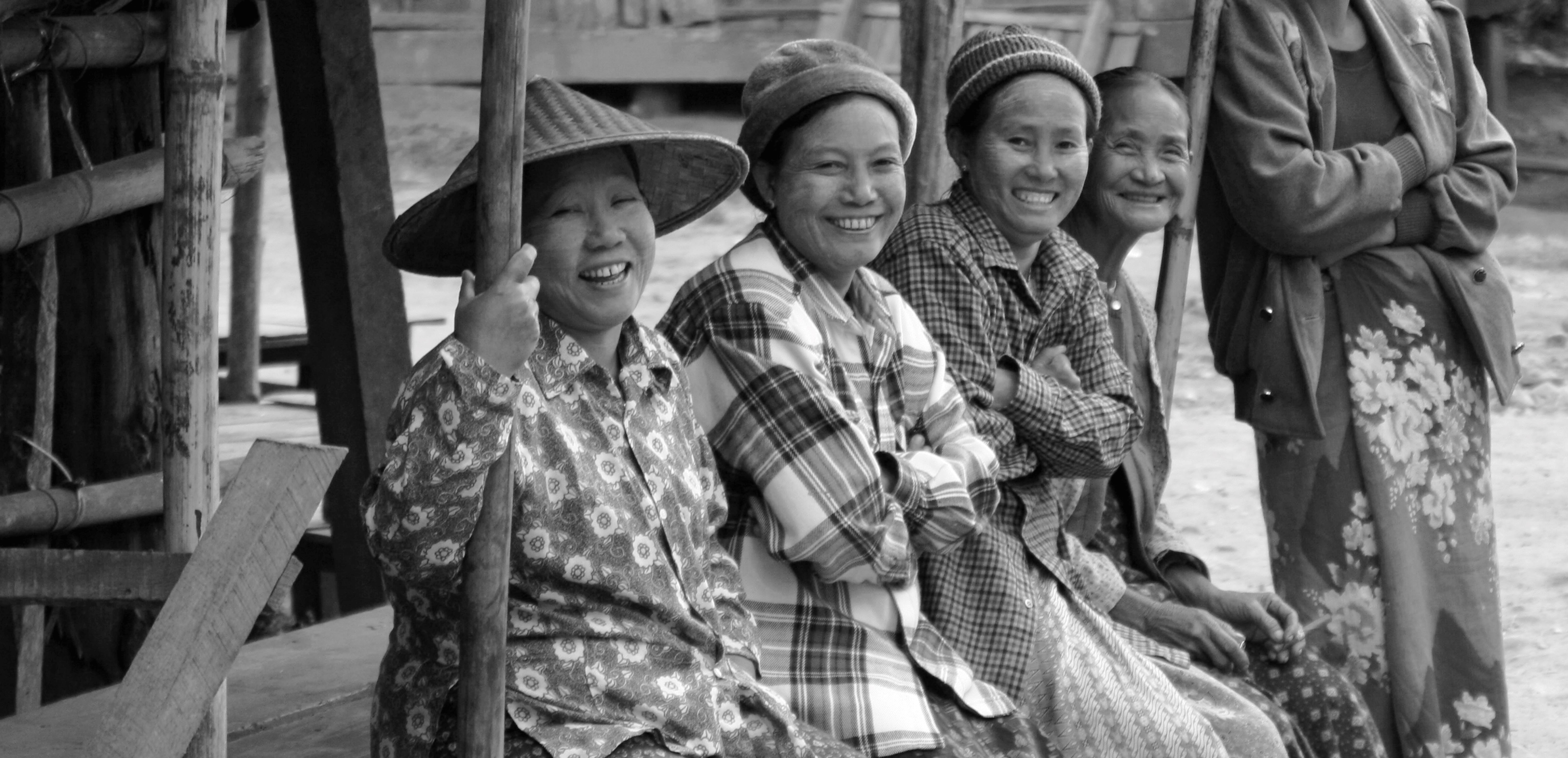
Myanmar
The use of serious human rights violations and international crimes has been a hallmark conduct on consecutive military regimes in Myanmar for decades. Murder, torture, destruction of property, forced displacement, unlawful deprivation of liberty and brutal sexual and gender-based violence perpetrated against civilian populations have been consistently documented by United Nations actors, international and national civil society, and media.
History and overview
In February 2021, the military (sit-tat) initiated an unlawful coup d’état to seize power from the elected civilian government. Senior political figures, including State Counsellor, Aung San Suu Kyi, were detained as the coup maker – military Commander-in-Chief Min Aung Hlaing – installed himself as the chair of a State Administration Council and subsequently Prime Minister.
Since the coup d’etat, Myanmar has faced its most significant period of armed conflict, with the-post coup period displacement figures surpassing 2,3440,000 individuals, 60,500 of whom have been displaced to neighbouring countries, and with 18,6 million people within Myanmar in need of humanitarian assistance. Fuelled by the on-going regime’s direct attacks on civilians, including but not limited to airstrikes on civilian targets, torture and killings of activists, and gruesome sexual violence
inflected on communities, Myanmar remains a major threat to regional stability and continues to exert tremendous toll on neighbouring states that harbour hundreds of thousands of refugees.
Although the international community has consistently condemned Myanmar’s military, the UN General Assembly (though its Credentials Committee) has yet to formally accept the credentials of Myanmar’s civilian government (the National Unity Government (NUG)), opting to repeatedly defer its decision. This has complicated international justice efforts. The military has appointed a new agent and legal team in respect of the case between The Gambia and Myanmar at the International Court of Justice. In 2021, the NUG submitted an article 12(3) communication to the Office of the Prosecutor of the International Criminal Court (ICC) recognising ICC jurisdiction; it has received no formal response to this submission.
Myanmar’s perpetual crisis, in part, results from decades of failure and inability to make successive generations of Myanmar military leadership accountable for their crimes committed against the people of Myanmar.
Generations of Myanmar communities, survivors, and victims are owed justice. Building on its work supporting Rohingya access to and engagement with international justice, in 2022, LAW established its Myanmar programme focused on post-coup crimes.
Ongoing projects
Through its ongoing work, in Myanmar, LAW supports the documentation of Conflict Related Sexual Violence, and other human rights violations and international crimes, and seeks to support and empower survivors in pursuing justice.
